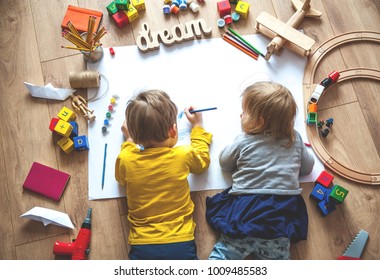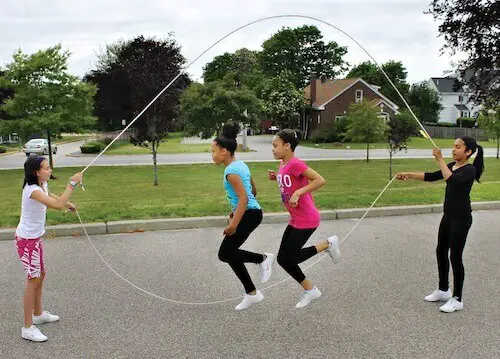Ah, music. It is the stuff of life.
Take this little survey.....
As an adult, ask yourself how do you listen to your favourite music?
Are you someone who goes with the rhythm and beats?
Are you someone that loves the melody and tune?
Are you someone who really hears the lyrics, remembers them, relates to them and listens to the story of the song?
Personally, I love words so the lyrics and the story of the song are really interesting to me. Cat Stevens (I'm showing my age, I know) Simon and Garfunkel, John Mayer and even the crazy lyrics of Crowded House all fascinate me. I sing along and enjoy the imagery that the words allow me to visualise.
Music is magic, especially to children. As adults when we let ourselves go and find our inner child listening to music brings us such joy, energy and inspiration. Movin' and a groovin' is not only for the young.
Children need to be surrounded by music. They connect with the rhythms and beats, the melodies and most importantly, I believe, the words. Listening to words in songs will help make them great listeners in general. They will be able to transfer their finely tuned listening skills to the schoolroom. Remembering the words to songs will help their working memory, which they need in the classroom. A win, win all around.
We all take listening for granted. So let's take a minute to think about how we are as listeners.
As teachers, we require students to be attentive, active listeners throughout the day. Quite an ask really.
Some Lyrics from "Bigger Than My Body"
Yes, I'm grounded
Got my wings clipped
I'm surrounded (by)
All this pavement
Guess I'll circle
While I'm waiting
For my fuse to dry
Someday I'll fly
Someday I'll soar
Someday I'll be so damn much more
Cause I'm bigger than my body gives me credit for
http://www.youtube.com/watch?v=LQ5wTHM1zkw










